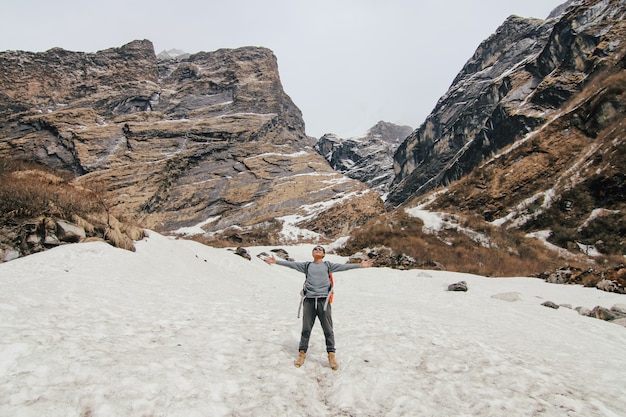In 2016, I came across several articles discussing the "risk gene." These articles suggested that frequent travelers might be more likely to have this gene because they’re inherently risk-takers. This idea intrigued me, as it seemed to provide a scientific explanation for my own love of travel.
My friend Kayt, who had recently written a book called "The Art of Risk: The Science of Courage, Caution, and Chance," was well-versed in this topic. I’ve known Kayt for years and admire her writing skills, so I was thrilled when she agreed to write an article about the science behind wanderlust for my website.
During college, I knew a guy named Dave who won a prestigious engineering fellowship that included a year in Italy. To my surprise, Dave turned down the opportunity, saying he had everything he needed in Pittsburgh. He had never left Pennsylvania in his 26 years of life and felt no desire to do so. I was shocked and couldn’t help but wonder if he was missing out, or worse, if he was crazy.
A decade later, I ran into Dave again in Pittsburgh. As I shared stories of my recent trip to Colombia, he seemed uncomfortable. It dawned on me that he probably thought I was the crazy one for willingly leaving the comforts of home to explore the world.
This got me thinking: why are some people drawn to travel while others prefer to stay put? Could there be a scientific explanation? It turns out, our DNA might have something to do with it.
When faced with a risk, our brains consider various factors like potential rewards, emotions, stress, potential consequences, and past experiences to help us decide whether to take the leap or stay put. This applies to various situations, whether it’s going after food, pursuing a potential mate, or traveling to new places.
Our brains rely on a chemical called dopamine to process these factors. Dopamine is often referred to as the "pleasure" chemical because it’s released when we experience something enjoyable. Research has shown that having high levels of dopamine in certain parts of the brain can lead to more impulsive, risky behaviors.
Some people have higher levels of dopamine because they carry a specific variant of the DRD4 gene, known as the 7R+ allele. This variant has been linked to a variety of behaviors. People with the 7R+ allele are more likely to take financial risks, have more sexual partners, become addicted to drugs or alcohol, and even take risks in games like bridge. They might also be more likely to travel.
Justin Garcia, an evolutionary biologist at Indiana University’s Kinsey Institute, believes the DRD4 gene played a crucial role in human evolution. He suggests that the 7R+ variant might have been beneficial tens of thousands of years ago when humans began migrating out of Africa. The extra dopamine could have motivated our ancestors to leave their homes, explore new territories, and seek new resources.
So, could the DRD4 variant explain why some people, like me, see travel as an exciting opportunity, while others, like Dave, view it as a risk? Garcia believes it might, although environmental factors also play a role. He’s found that people with the 7R+ allele tend to seek out risky behaviors in various ways.
However, it’s not just about taking risks. Garcia suggests that it might be more about seeking new stimuli and environments, which stimulate the nervous system in a particular way. Some people seem to crave novelty and will seek it out wherever they can find it. Travel certainly provides plenty of opportunities for novelty.
It’s possible that Dave and I simply have different brain setups. Maybe my brain craves the thrill of exploring the unknown, while his doesn’t. It would be interesting to compare our DRD4 variants to see if there’s a genetic explanation for our differing views on travel.
However, J. Koji Lum, an anthropologist at Binghamton University, reminds me that genes only tell part of the story. The DRD4 gene is just one of many factors that influence our behaviors. Even small genetic differences can add up over time, leading to very different life paths.
So, the next time you meet someone who’s given up their job to backpack across Europe or moved their family to start a school in Namibia, remember that they’re not crazy. They might just process risk differently or be wired for novelty. Increasingly, science is showing that our desire to explore and seek out the unknown might be written, at least in part, in our genes.
